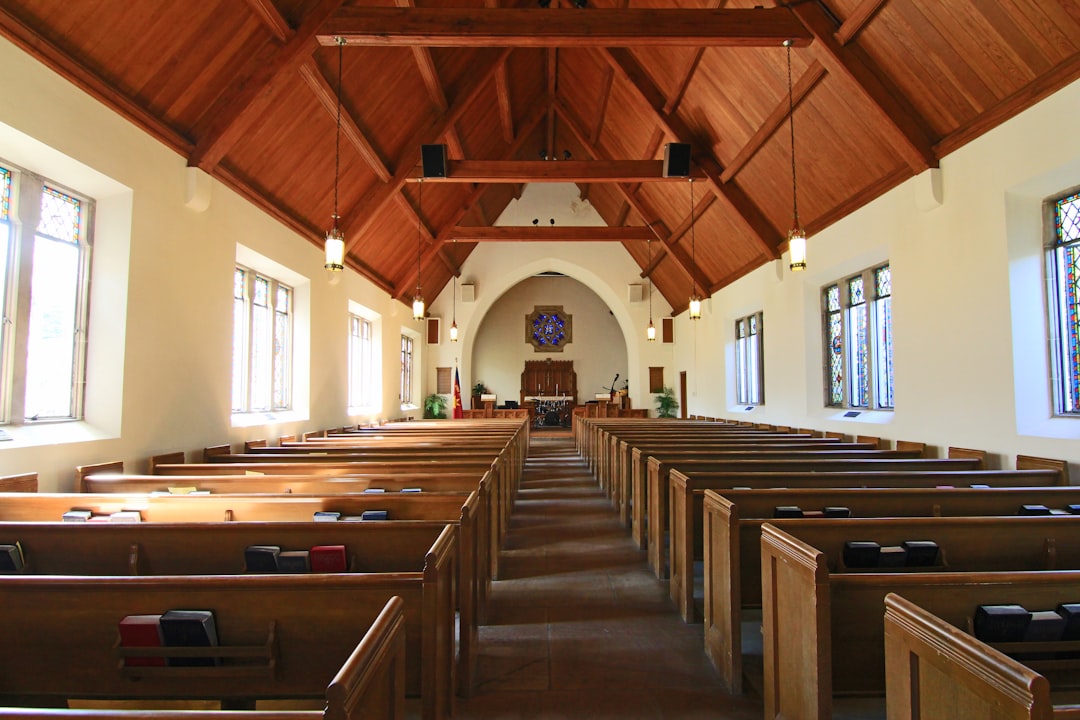Victims of clergy sexual abuse in Pennsylvania, especially Pittsburgh, face complex legal challenges requiring a deep understanding of local laws. Consulting a clergy abuse attorney specializing in these cases is crucial for navigating statutes of limitations, pursuing either criminal charges or civil lawsuits against abusers and institutions, and ensuring victims receive fair compensation or justice, particularly for minor victims.
Understanding Clergy Sexual Abuse Legal Options in Pennsylvania
Clergy sexual abuse is a sensitive and devastating issue, often leaving victims with complex legal paths to healing. If you or someone you know has experienced such an abuse in Pennsylvania, understanding your legal options is crucial. This comprehensive guide explores the intricate web of laws surrounding these cases, including relevant statutes of limitations, criminal charges, and civil lawsuits. We’ll walk you through the process, from immediate steps after discovery to choosing the right clergy abuse attorney in Pittsburgh, PA, to ensure justice and support throughout your journey.
Legal Framework for Clergy Sexual Abuse Cases in Pennsylvania

In Pennsylvania, clergy sexual abuse cases are governed by a specific legal framework designed to protect victims and provide them with justice. These cases often involve complex issues, including statutory interpretations and unique evidentiary considerations. A strong understanding of the local laws is essential for victims seeking redress through the legal system.
For individuals who have suffered from clergy sexual abuse in Pittsburgh, PA, consulting a dedicated clergy abuse attorney is crucial. Legal professionals specializing in these matters can navigate the intricate legal landscape, ensuring that their clients’ rights are protected and that they receive fair compensation or justice. They can guide victims through civil lawsuits against religious institutions, help them understand the statutes of limitations, and advocate for their interests throughout the legal process.
– Overview of relevant laws and statutes of limitations

In Pennsylvania, clergy sexual abuse is taken extremely seriously. Victims have legal rights and options available to them, even with specific challenges posed by statutes of limitations. These laws vary based on the type of abuse and the age at which it occurred. For instance, in cases involving minors, there are extended statutes of limitations that allow for civil lawsuits even after the initial period has lapsed. A clergy abuse attorney in Pittsburgh, PA, can provide crucial guidance tailored to these complex legal landscapes.
Understanding when a claim can be filed is essential for victims seeking justice. The timeframes differ significantly between cases involving children and adults, as well as between different types of offenses. A skilled clergy abuse attorney in Pittsburgh, PA, will help navigate these laws, ensuring that potential claims are not barred by outdated statutes, and enabling victims to pursue the legal redress they deserve.
– Criminal charges and civil lawsuits: What they entail and when to pursue each

When facing clergy sexual abuse, victims in Pennsylvania have two primary avenues for justice: criminal charges and civil lawsuits. Criminal charges are pursued by the state to hold perpetrators accountable through the court system. This path involves reporting the abuse to local law enforcement, gathering evidence, and cooperating with prosecutors who will build a case against the accused. The goal is to secure a conviction, which can lead to prison time, fines, and other penalties for the perpetrator.
Civil lawsuits, on the other hand, are filed by the victim directly against the abuser or the institution responsible. A clergy abuse attorney in Pittsburgh, PA, can guide victims through this process, helping them seek compensation for damages such as emotional distress, medical expenses, and loss of income. Civil lawsuits often result in settlements or verdicts that can provide significant financial relief to survivors, allowing them to access resources for healing and recovery.



